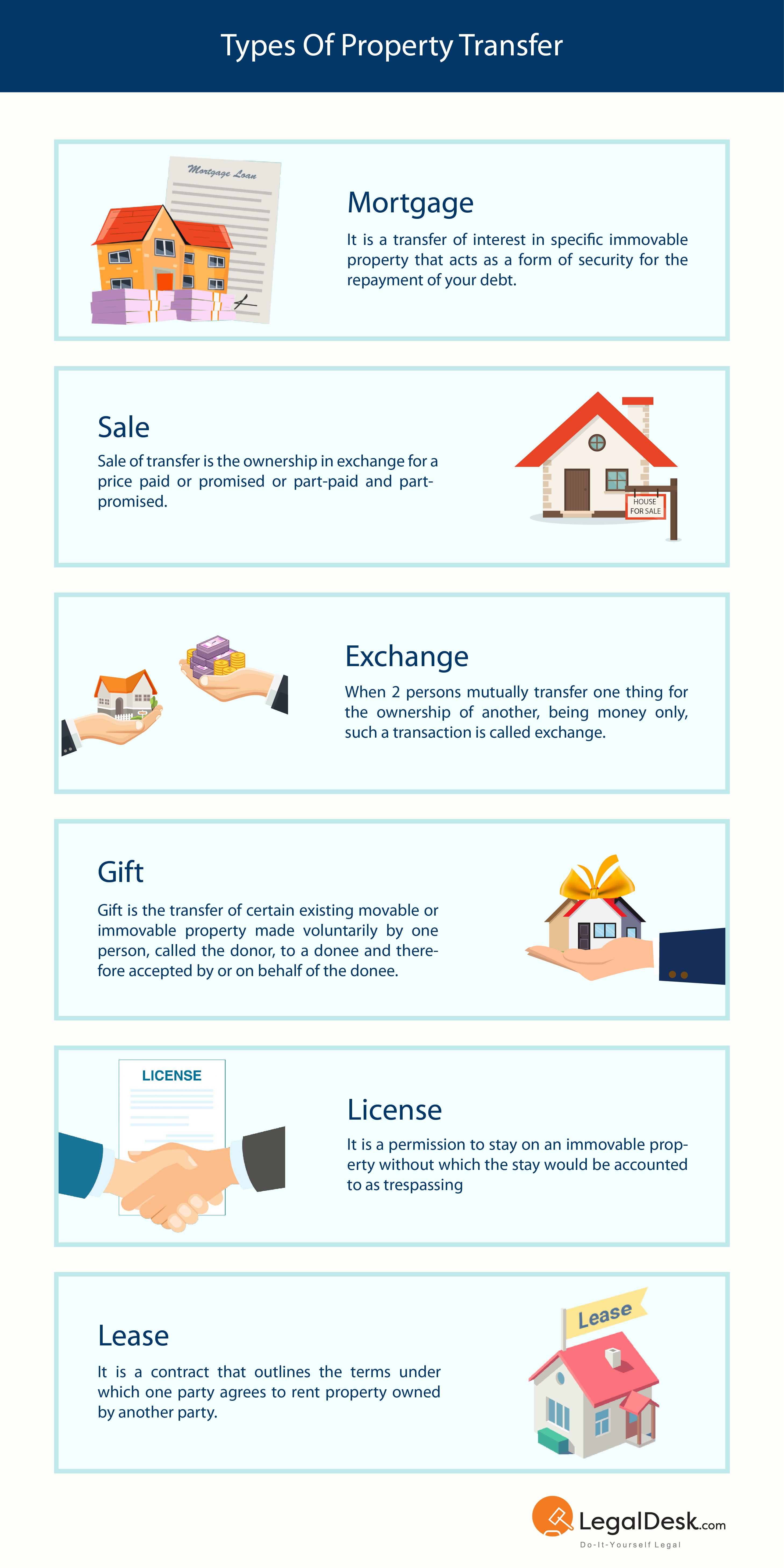Purchasing a property in India can be a tenacious process that involves research and legal expertise in order to pull off a deal. Similarly, getting a home loan involves a lot of paperwork and documentation and it can be exhausting to hunt for a home and also apply for a home loan.
With property demand skyrocketing in metropolitan cities, there has been a recent hike in stamp duty, titles, and record keeping that has evolved over the decades. Man has turned busy in today’s digital era, and that, searching for a property would cost him time which most do not engage into. The general question of how to hunt for the right property crops up.
Purchasing a home involves a great amount of home loan you need to avail. Before you decide on taking a home loan, here are some important points you need to keep in mind before you apply for it.
Things To Know Before You Get Driven By A Home Loan
If you are trying to opt for a property loan in India, then you need to keep these points in mind before you take an ignorant decision:
-
Affordable EMI
One important factor you need to keep in mind is the EMI of the house loan and the monthly outflow that will go towards repaying your home loan. Do not develop a self-satisfactory thinking that you will earn more in the future and that you can avail more loan. In simple, do not exceed more than 40 to 45% of your net monthly income while taking a loan. If you earn more, you can pre-pay your loan.
-
Down Payment
Once you know how much EMI is, you need to check as to how much you can contribute from our pocket. You will need to contribute at least 20-25% of your monthly income to the property value you choose. It is also a fact that no bank will offer an 100% loan of your mentioned money.
Take for instance, if you need to buy a property worth ₹ 25 Lakhs, the bank would provide only 20 Lakhs that is lesser than the request amount. Check your eligibility for a home loan, whether or not you can get the amount you seek in the first place. Any difference in the loan amount will amount to excessive expenditure going from your pocket.
-
Loan Tenure
In this stage you will have to decide between higher/lower EMI interest payment or lesser term and higher EMI but lower interest payments. In case you need a higher loan than what your EMI affordability was, you can opt for a longer tenure. This will reduce your EMI and banks may grant you a higher loan amount. Moreover, you will pay more interest in the long run, but you will get that loan at an affordable monthly cost.
-
Taxation Benefits
Be aware of tax implications as well as tax benefits that you will be entitled to receive while servicing your home loan. In India, you are entitled to exemption of interest on home loan upto an amount of ₹ 1,50,000 and upto ₹ 1,00,000 on the principal amount. In simple, if you were to sell your property within 5 years, the amount of tax you saved on interest payments will be added to your income from sale of property and will be taxed.
-
Loan Insurance
Once your home loan is disbursed, you must insure it by getting yourself an insurance equivalent to the home loan amount. In case of any death, your loved ones will still be able to inherit the property and live in it, while your home loan insurance will pay for the pending loan amount. There are certain insurance policies that will provide you with benefits in the event of disability, loss of job and critical illnesses.
-
Penalties And Charges
Penalties and charges come into scene when there are extra charges levied for the sake of looting money, except from processing fees, legal verification charges, stamp duty on home loan amount and certain switching charges. There are penalties if you violate these exceptions along with an added interest. Make sure you are aware of all these charges and request banks a list of charges applicable in all cases in writing.
-
Type Of Interest
All home loans typically come with 2 types of Rate of Interest (ROI) namely Fixed and Floating.
Fixed ROI refers to the fact that the interest rate will remain constant for a period of 5-10 years and in some cases throughout the tenure of the loan. Floating ROI refers to the fact that interest rate can change anytime depending on RBI norms, governmental policies and market conditions.
Fixed ROI may be adopted, when you feel that the ROI is on the lower side. You can always opt for fixed or floating ROI anytime during your tenure. For this, you need to check about the switching charge that banks may charge. In some case it may or may be applicable to your home loan.
Types Of Property Transfers In India
The Transfer of Property Act, 1882 regulates the transfer of property in India. It contains specific provisions regarding what constitutes a transfer and the conditions attached to it. In simple, the transfer of property is an act in which a person conveys the property to another or more persons. This may include an individual, company or association or a body of individuals wherein any kind of property can be transferred including immovable property.
In India, transactions relating to transfer, selling, purchasing or creating an interest in any property, including the change of property title, are governed by several, rules and regulations made by the Central and State Governments. The Transfer of Property Act, 1882 does not govern transfer of property by operation of law such as sale by order of a court, auction as well as transmission of property title of a person dying. In such a case, succession laws as per the religion of the deceased person will be applicable.
Here are the different types of property transfers according to the Transfer of Property Act, 1882.
-
Sale
According to section 54 of the Transfer of Property Act, 1882, sale of transfer refers to the ownership in exchange for a price paid or promised or part-paid and part-promised. Basically, in a sale there exists an absolute transfer of all rights in the property sold.
(i) Elements And Modes Of Sale Transfer
A sale of transfer comprises of:
- The parties.
- The subject matter.
- The price or consideration.
(ii) Modes Of Sale Transfer
There are two modes of sale transfer namely:
- By registered instrument; and
- Delivery of possession.
-
Mortgage
Section 58 of the Transfer of Property Act defines a mortgage as the transfer of an interest in a specific immovable property, for the purpose of securing payments of money advanced in the form of a loan, future debt or performance of an engagement. Thus, a mortgage is a transfer of an interest in specific immovable property that acts as a for of security for the repayment of your debt. In order to facilitate a mortgage, it is necessary to specify the immovable property. Your description must be sufficient enough to identify the property according to the requirements of the Registration Act, 1908.
-
Exchange
Section 118 of the Transfer of property Act, 1882 states that, when two persons mutually transfer one thing for the ownership of another, neither thing or both things being money only, such a transaction is called exchange under the Act. However, it is not limited to immovable property. The word exchange not only means exchange of lands, but also exchange of goods.
-
Gift
Section 122 of the Transfer of Property Act defines the word Gift as the transfer of certain existing movable or immovable property made voluntarily by one person, called the donor, to another called donee and therefore accepted by or on behalf of the donee. Such an acceptance must be made during a lifetime of the donor and while he is still capable of giving. In case the donee expires before acceptance, the gift will be considered as void. A gift given for immovable property to a minor, is complete when it is accepted by a person on behalf of the minor and applies his thumb impression on the gift-deed in token of acceptance.
-
Lease
Section 105 of the Transfer of Property Act, 1882 states that a lease of immovable property is a transfer of a right to such property, for a certain time in consideration of the price paid or promised or any other thing of value, to be rendered periodically on specific occasions to the transferor by the transferee, who accepts the transfer on such terms.
In simple a lease is a contract that outlines the terms under which one party agree to rent property owned by another party. It guarantees the transferor, tenant, use of an asset and guarantees the transferor, the property owned or landlord, regular payments from the transferor for a specific number of months or years.
-
License
Section 52 of the Indian Easements Act, 1882, defines the terms licence as, “ where one person grants to another, a right to do, or continue to do, upon immovable property of the grantor, something which would in the absence of such a right, be termed unlawful, and such right does not amount to an easement or as interest in the property, such a right can be referred to as a licence. In simple, it is a permission to stay on an immovable property without which the stay would be accounted to as trespassing.
Need Any Property Documentation?
Planning to buy a property and don’t know how to go about it? Well, LegalDesk.com will help you with all kinds of legal drafts, be it sale deed, power of attorney, will, gift deed, etc. Just create the document of your choice and lay back and stay digitized. You can also opt for our Print-n-Deliver feature and print your document on Stamp Paper and get it delivered to your address. You can also customize your legal document according to your requirements. Go ahead and draft a document. Try our service now!



